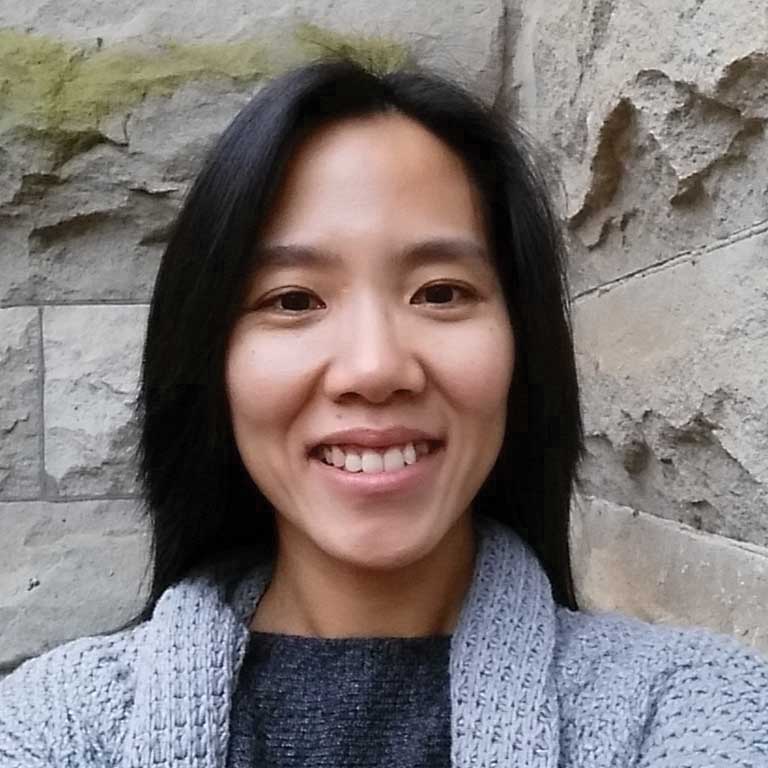KEVIN MICKEY, THE POLIS CENTER
Kevin Mickey serves as the Director of Geoinformatics at The Polis Center, where he facilitates strategic engagement efforts across government agencies, universities, nonprofit organizations, and the private sector. His work focuses on cultivating new partnerships and strengthening existing collaborations to expand project opportunities. In addition to his leadership role, Kevin oversees the management of multiple GIS initiatives, particularly in the areas of crisis management and community resilience.
Kevin has more than three decades of experience in the design, management, and instruction of introductory thru advanced geospatial courses and education programs for a wide variety of practitioner communities as well as undergraduate and graduate academic audiences.
Kevin is a Past President of the Geospatial Professional Network (GPN), formerly known as the Urban and Regional Information Systems Association (URISA). He currently serves as Co-Chair of the GPN Community Resilience Workgroup and has previously chaired several other committees within the organization. Kevin is a recipient of multiple URISA honors, including the URISA Leadership Award.
In addition to his work with GPN, Kevin is a Past Chair of the Multihazard Mitigation Council (MMC) under the National Institute of Building Sciences (NIBS). He has also contributed to geospatial initiatives at the state level, having served on the Board of Directors for the Indiana Geographic Information Council. Currently, he is a member of the National Visiting Committee for the National GeoTech Center of Excellence, where he continues to support geospatial education and workforce development.








